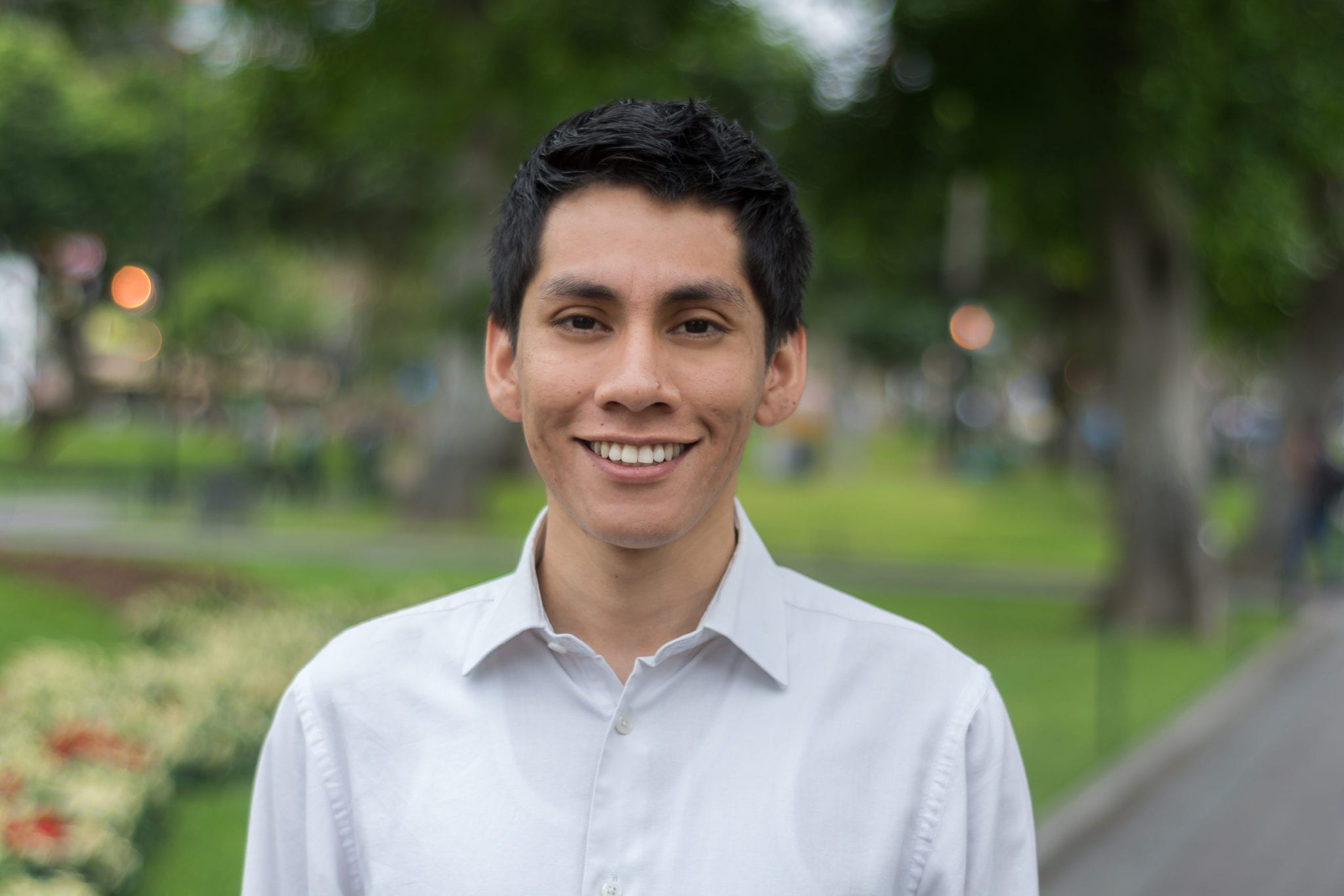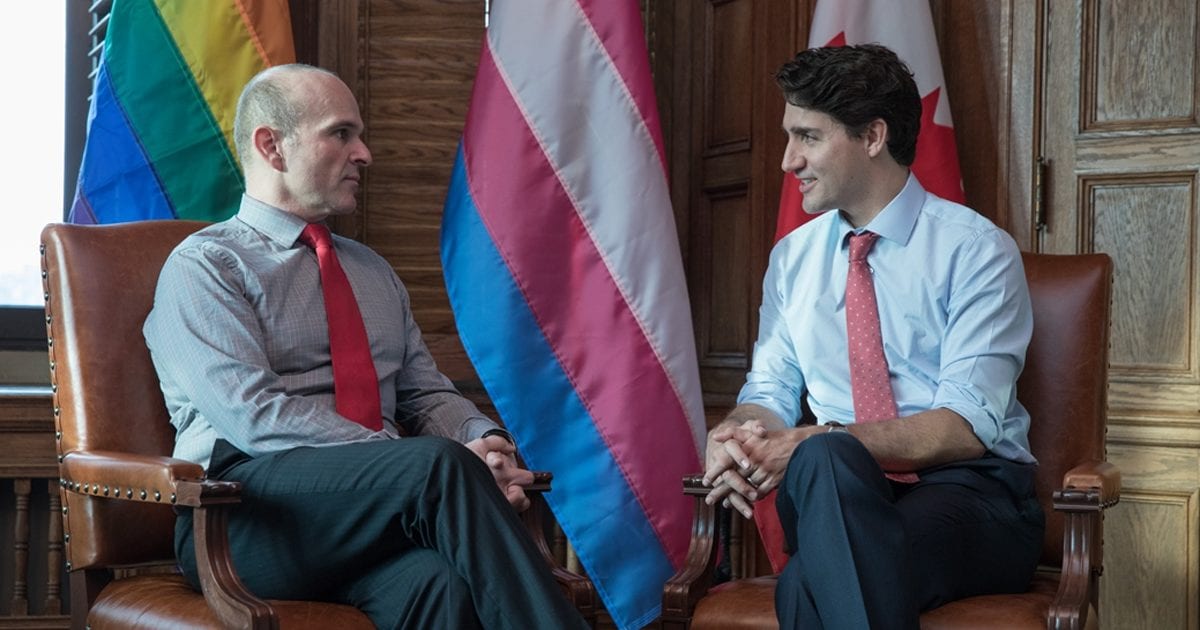
LGBTQ people around the world have been slowly gaining rights in their respective countries for the past few decades. This process sped up in recent years, to where the majority of the Western world now allows same-sex marriage, and protections against discrimination are increasingly common.
A significant portion of the world, however, has actively anti-LGBTQ laws. In many of these, people face prison time and even the death penalty.
In Nigeria, homosexuality is criminalized and daily life for LGBTQ people is difficult. Punishment varies across the country, with the Muslim-majority northern states carrying out death penalties. Donald Duke, a presidential hopeful in the upcoming election, has stated that he will decriminalize homosexuality if elected. Such a statement from a candidate does not come out of the blue. Discussion around this topic has been occurring in Nigeria since April, as the Prime Minister of the United Kingdom, Theresa May, said that the UK regrets imposing its old anti-homosexuality laws on its former colonies. May’s sentiments did not fare well in Nigeria, with one column purporting that May is secretly a lesbian.
Duke’s positions are more progressive than statements from religious authorities in the country, who claim they will never even consider such a change as decriminalization, but he maintains that LGBTQ people should not be public about who they are. Despite his conservatism, Duke is reminiscent of those who called for the first changes to America’s laws in the 1960s and 1970s, and 57 percent of Americans in 1988 were opposed to decriminalizing same-sex relations. They also did not wish to grant marriage licenses or for people to express themselves, but they felt like being homosexual should not be cause for imprisonment. A candidate considering this first step in a country where opinion polling places 87 percent of the population as opposed to marriage equality laws is crucial, as the social, legal, political, and even economic consequences of not fearing prison due to sexuality is immense.

